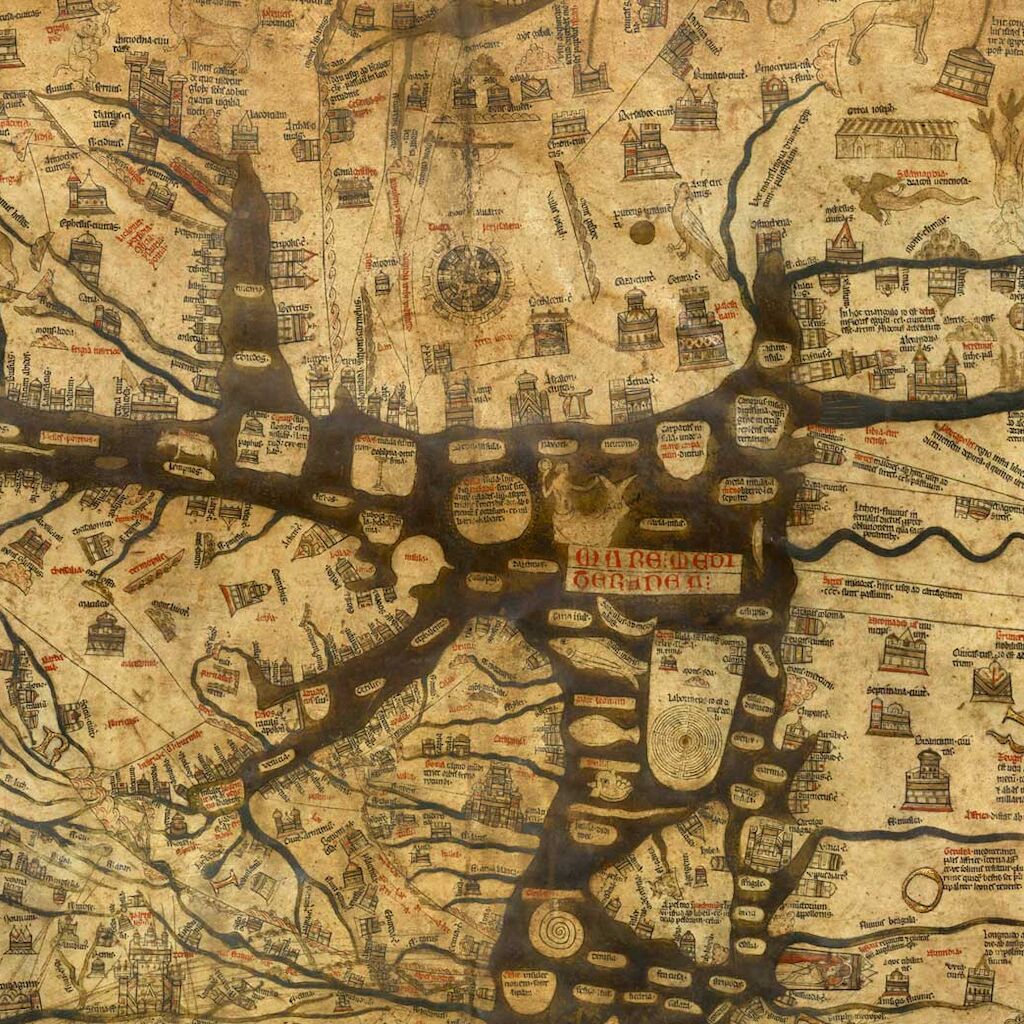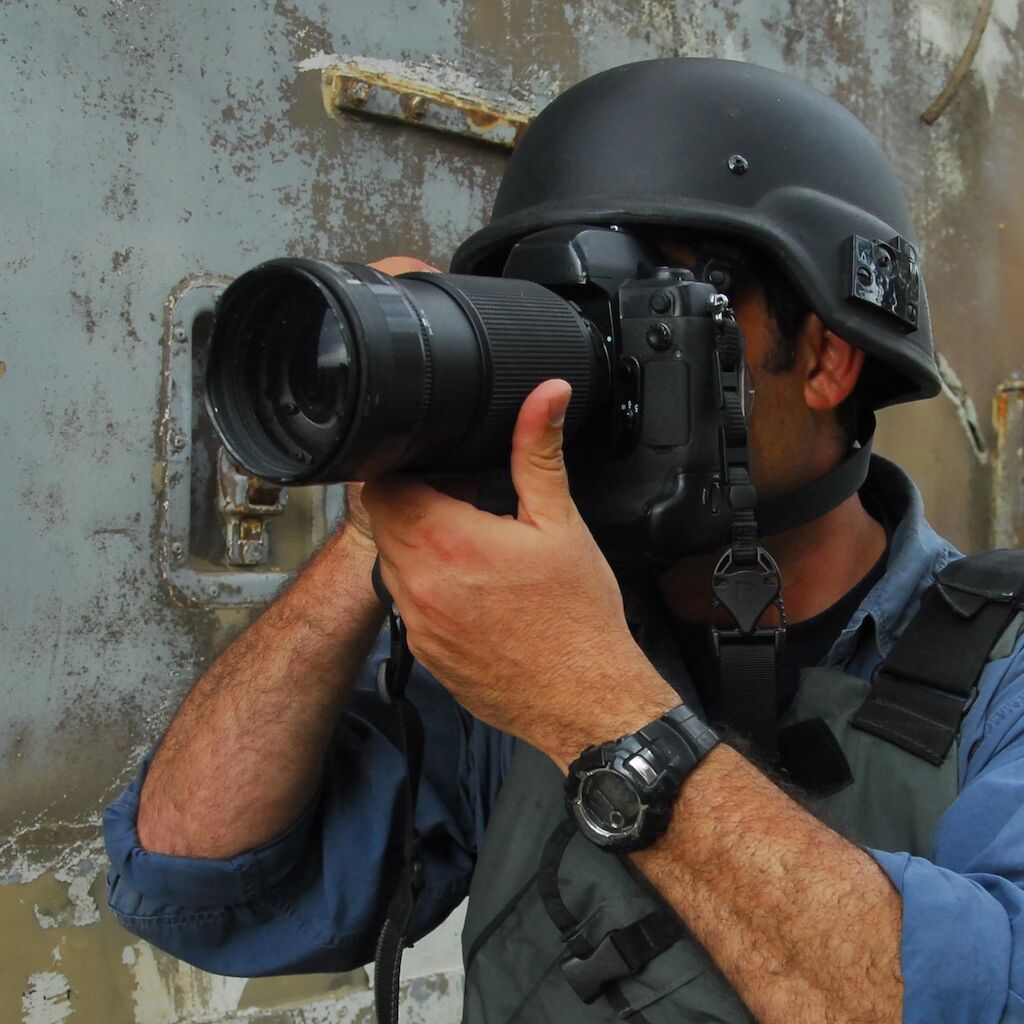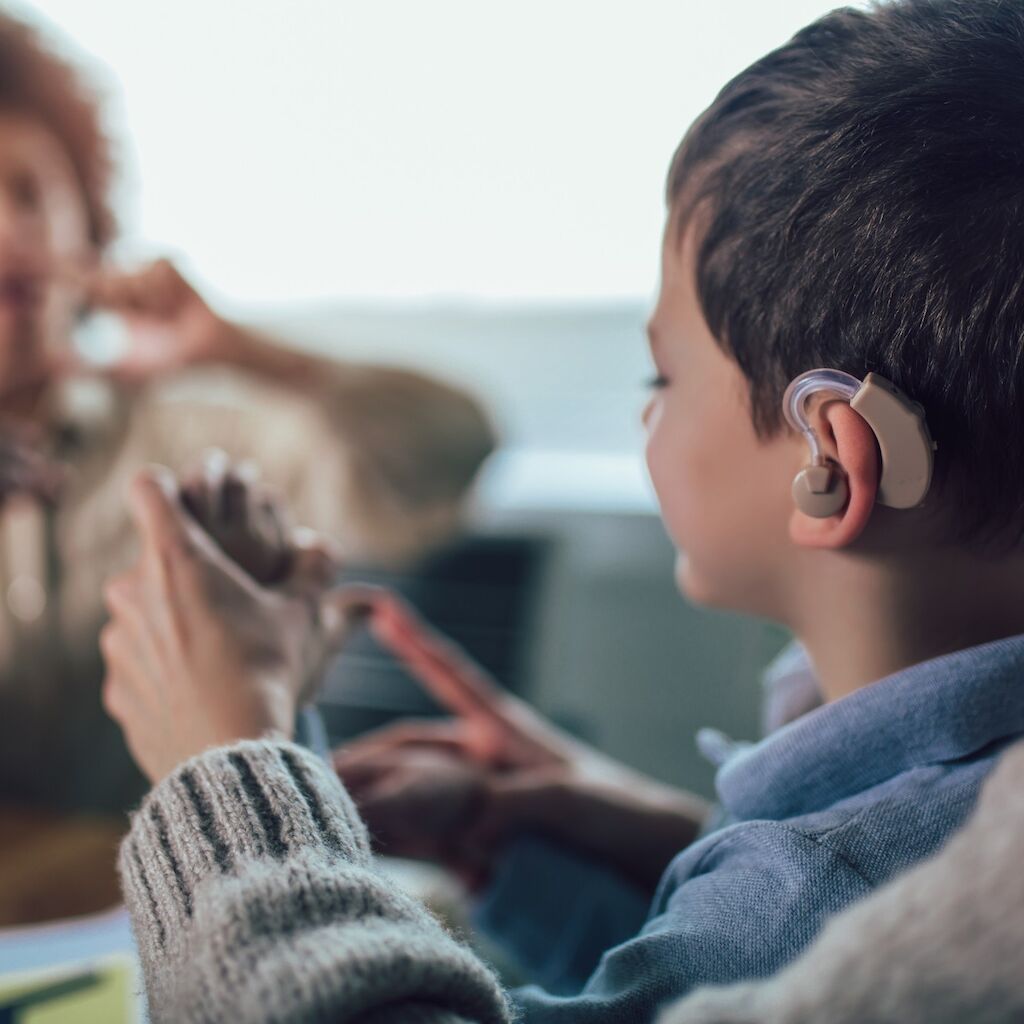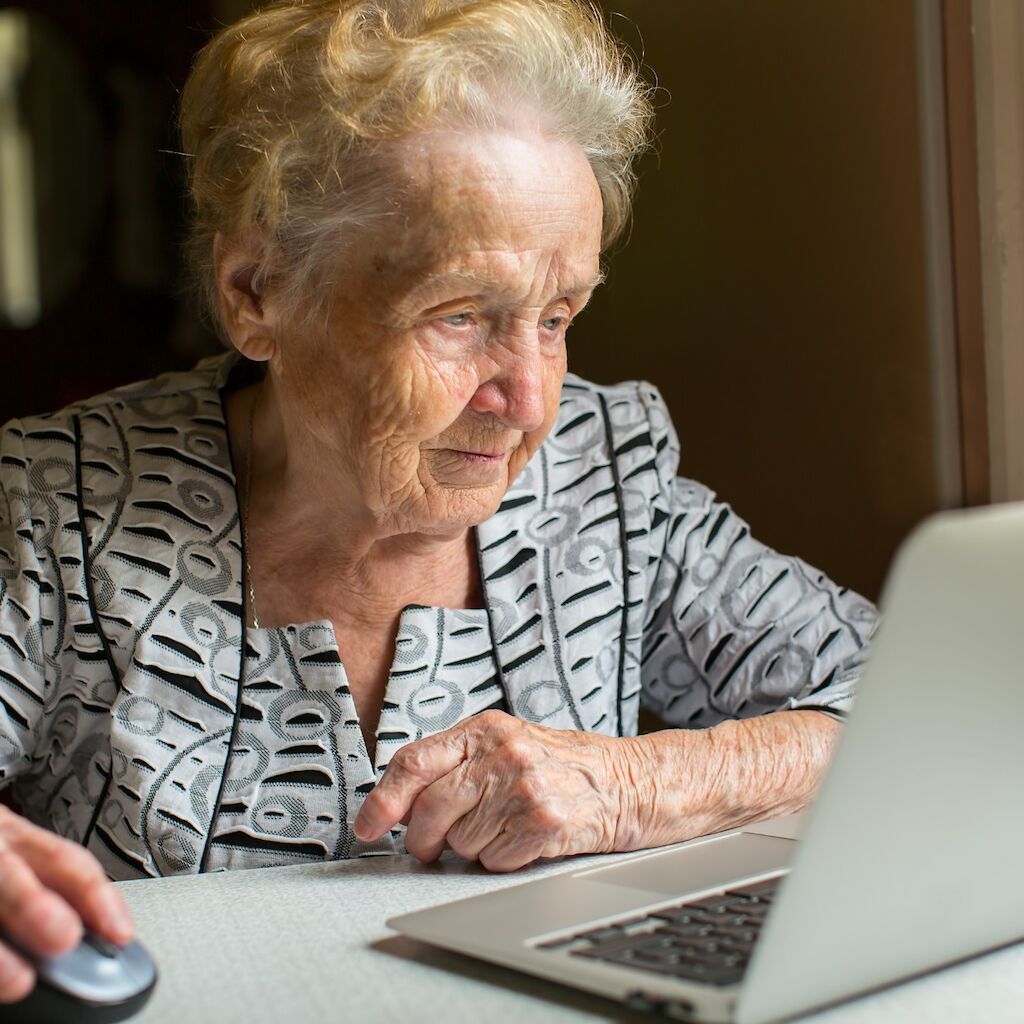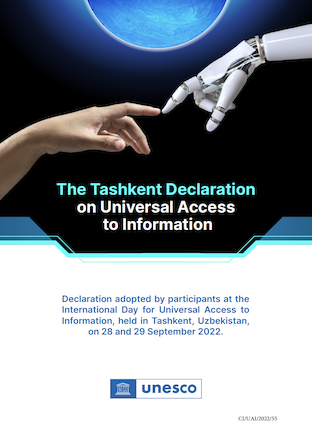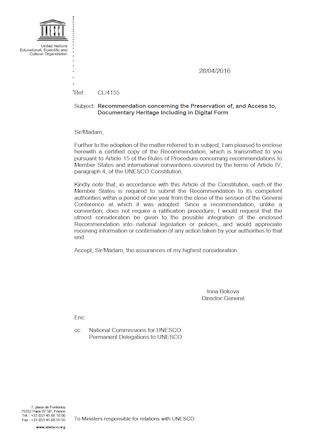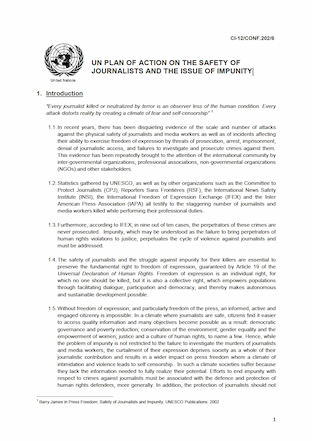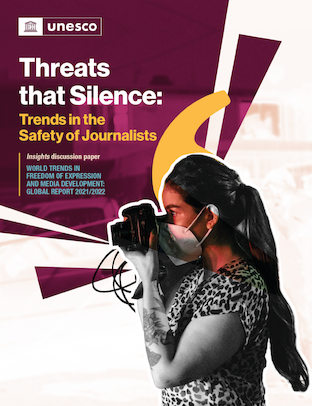UNESCO works to protect these rights, and its impacts are firmly rooted in the demands and needs of 21st-century citizens. UNESCO offers guidance on combating online hate speech and misinformation, and coordinates World Press Freedom Day to raise awareness of the importance of free and independent media.
Promoting the safety of journalists around the world: UNESCO globally advocates for the safety of journalists, being a key organisation in the UN Plan of Action on the Safety of Journalists and the Issue of Impunity. UNESCO monitors the killing of journalists and media workers across the globe, and to raise awareness and promote action, it publishes the Observatory of Killed Journalists. The Observatory provides updated information on the killing of journalists since 1993 and on the judicial status of condemned cases since 2006.
UNESCO also promotes Media and Information Literacy programmes to equip citizens with the skills to assess information, and identify fake news, and coordinates Open Education Resources and global efforts to ensure AI technologies respect human rights and ethical principles.
Our work, and that of our Expert Network, has a significant positive impact on the government's commitment to fulfilling UNESCO’s action on communication and information across the globe. We recognise the importance of public access to information and the protection of fundamental freedoms to peaceful and inclusive societies.

